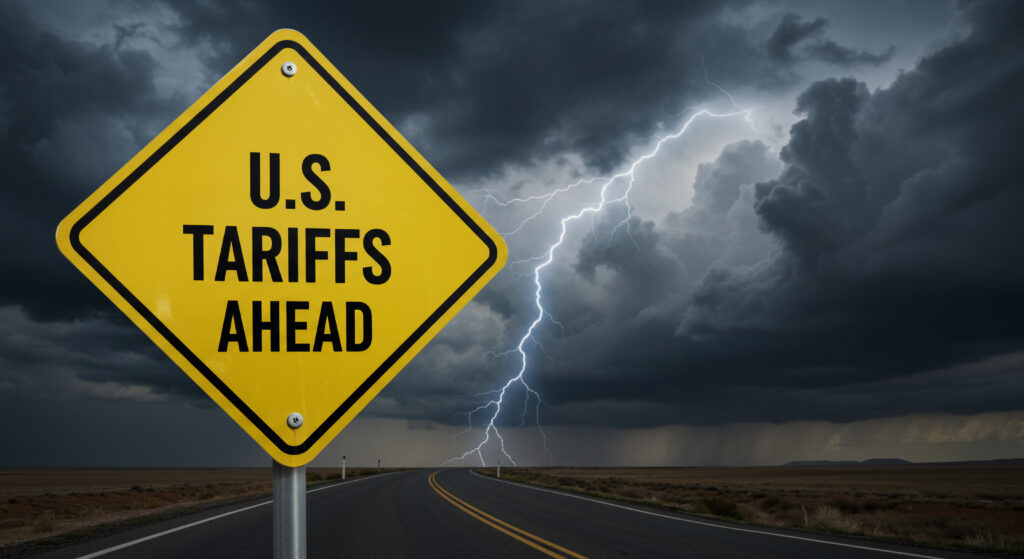
Key Takeaways:
- Trump’s new tariffs could reduce U.S. demand for Bitcoin mining rigs, potentially lowering global prices and benefiting non-U.S. miners.
- Tariffs of up to 36% on key manufacturing nations may make U.S. mining operations financially unsustainable, shifting future hashrate growth abroad.
- Confidence in the U.S. as a stable mining hub is eroding, as unpredictable policies deter long-term investment in mining infrastructure.
Sweeping tariffs announced by the Trump administration could unintentionally benefit Bitcoin miners outside the U.S., according to Hashlabs Mining CEO Jaran Mellerud.
New tariffs of up to 36% on countries like Thailand, Indonesia, and Malaysia—major manufacturing hubs for mining rigs—are expected to raise equipment prices in the U.S. by as much as 22%.
A few days ago, Donald Trump introduced massive tariffs on the import of Bitcoin mining machines to the US 🇺🇸
— Jaran Mellerud 🟧⛏️ (@JMellerud) April 8, 2025
This could have enormous implications for the entire bitcoin mining industry 🌍
Keep reading to learn more 🧵👇 pic.twitter.com/cbg37RNq7n
Mellerud predicts this will sharply reduce American demand, forcing manufacturers to cut prices abroad to offload excess inventory.
As a result, miners in non-tariff regions may access cheaper rigs, expand operations, and gain a larger share of Bitcoin’s global hashrate.
Although U.S. miners had hoped for regulatory stability under Trump, Mellerud argues that unpredictable policy shifts have instead undermined investor confidence.
Even if tariffs are later reversed, the uncertainty will linger, discouraging large-scale investments.
While the U.S. currently contributes about 40% of Bitcoin’s hashrate, future growth could slow due to rising costs.
This shift may reshape the global mining landscape.

